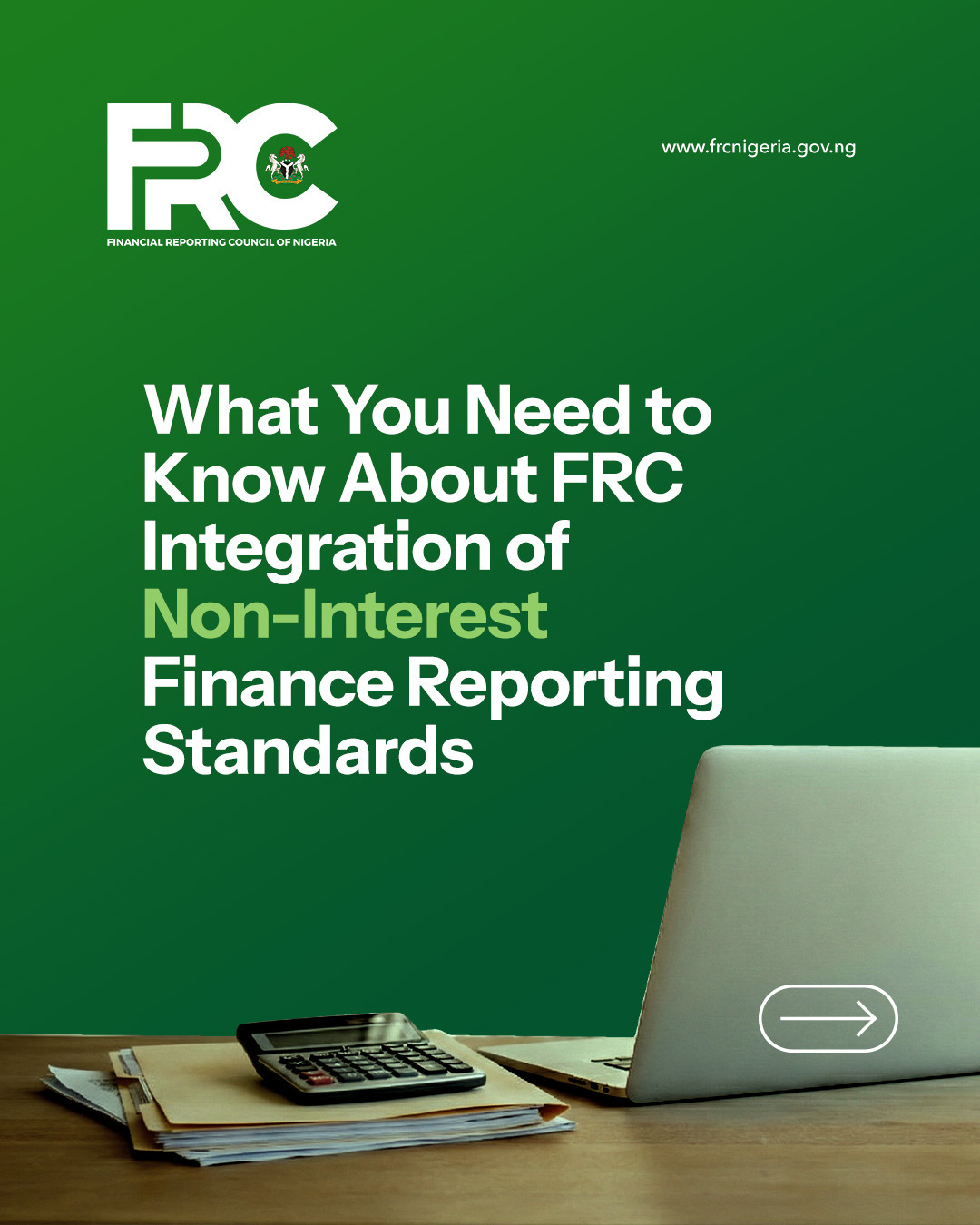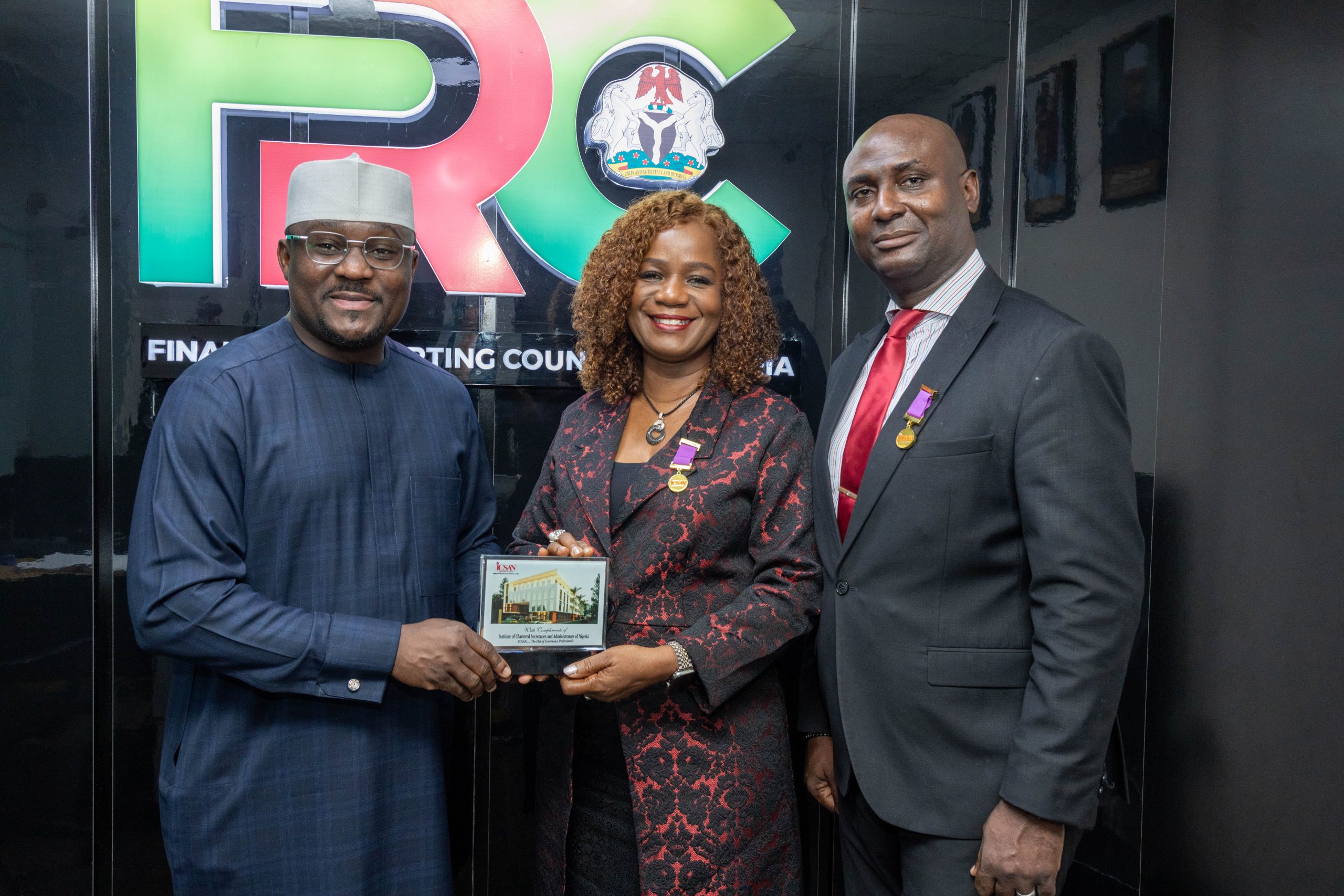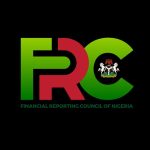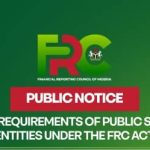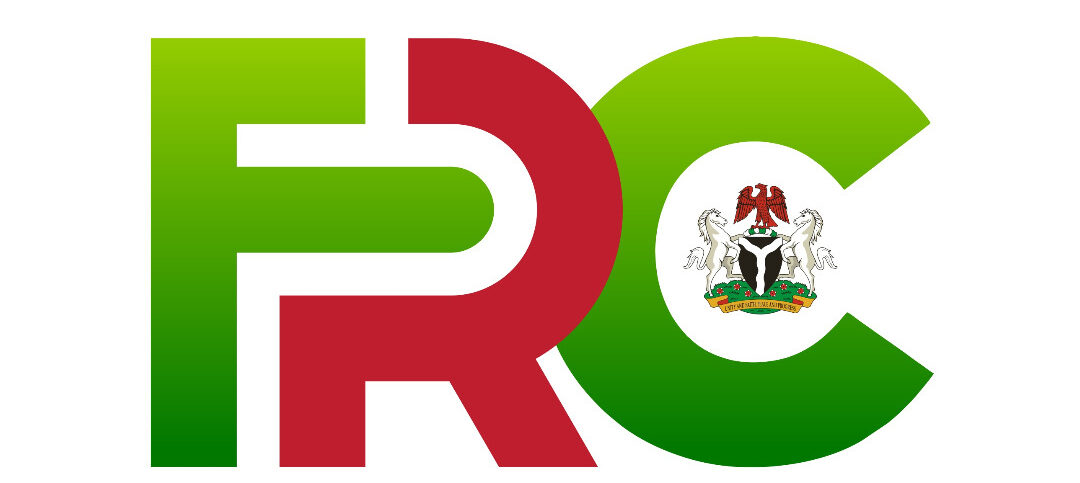
Facts about the Defunct NASB
The Nigerian Accounting Standards Board (NASB) came into being on September 9, 1982. It was the only recognised independent body in Nigeria responsible for the development and issuance of Statements of Accounting Standards for users and preparers of financial statements, investors, commercial enterprises and regulatory agencies of government.
The work of the NASB was similar to those of other National Accounting Standard Setting bodies like the Financial Accounting Standards Board, USA; Accounting Standards Board, UK; Australian Accounting Research Foundation, Australia, etc.
Section 335(1) of the Companies and Allied Matters Decree 1990 gave legal backing to the activities of the Board by requiring that the financial statements prepared under the decree shall comply “… with the accounting standards laid down in the Statements of Accounting Standards issued from time to time by the Nigeria Accounting Standards Board to be constituted by the Minister …”
In May 1992, the then Honourable Minister of Trade and Tourism, AVM Muhammadu Yahaya, formally inaugurated the NASB as a quasiparastatal with full autonomy to pursue its technical duties. In February 1993, the Board was placed in Category A of Federal Government parastatals.
The Board had in existence an extensive due process for the development of its standards. This process was considered essential to ensure that all parties were given ample opportunity to express their thoughts, practice, dreams, and views so as to ensure that the standards, practices and guidelines so developed, would be relevant, consistent and logically derived. The Board was also directed by a Governing Council drawn from organizations having interest in financial reporting. The constituent organizations that made up the Board were expected to use their best endeavour to persuade their members and organizations they deal with, to comply with all relevant accounting standards and were also allowed to devise their own punitive measures for non-compliance.
The fact that relevant enabling laws that set up the organizations and entities that made up the governing council only required them to exercise authority over varying aspects of monitoring of compliance to Statements of Accounting Standards, without clearly vesting the power on any one entity made the situation very confusing. It was therefore not surprising that in the midst of the confusion, compliance monitoring was not satisfactorily done and worst still; none of the organizations/agencies was clearly vested with the responsibility for the damages that may have ensued. Thus, many significant accounting and reporting inadequacies and departures from norm, passed unnoticed.
In response to this concern, the federal government enacted the Nigerian Accounting Standards Board Act No. 22, 2003.
The pursuit of reforms during the tenure of President Olusegun Obasanjo gave rise to such measures, in government, as the fashioning of the Fiscal Responsibility Bill, implementation of the New Oil and Gas Unit, Parastatals Support Unit, the setting up of Economic and Financial Crimes Commission, etc.
In the midst of these developments, it became necessary that the Nigerian government needed to engage in wide-ranging reviews which recognize the importance of re-assuring the markets and the public at large that corporate reporting and governance frameworks in Nigeria were sufficiently robust.
The provisions of the NASB Act, 2003 were grossly inadequate to meet the developments thereof. Accordingly, on June 3, 2011, Mr. President, Dr. Goodluck Ebele Jonathan, GCON, GCFR, enacted the Financial Reporting Council of Nigeria Act, No. 6, 2011 and therein repealed the Nigerian Accounting Standards Board Act No. 22, 2003.

